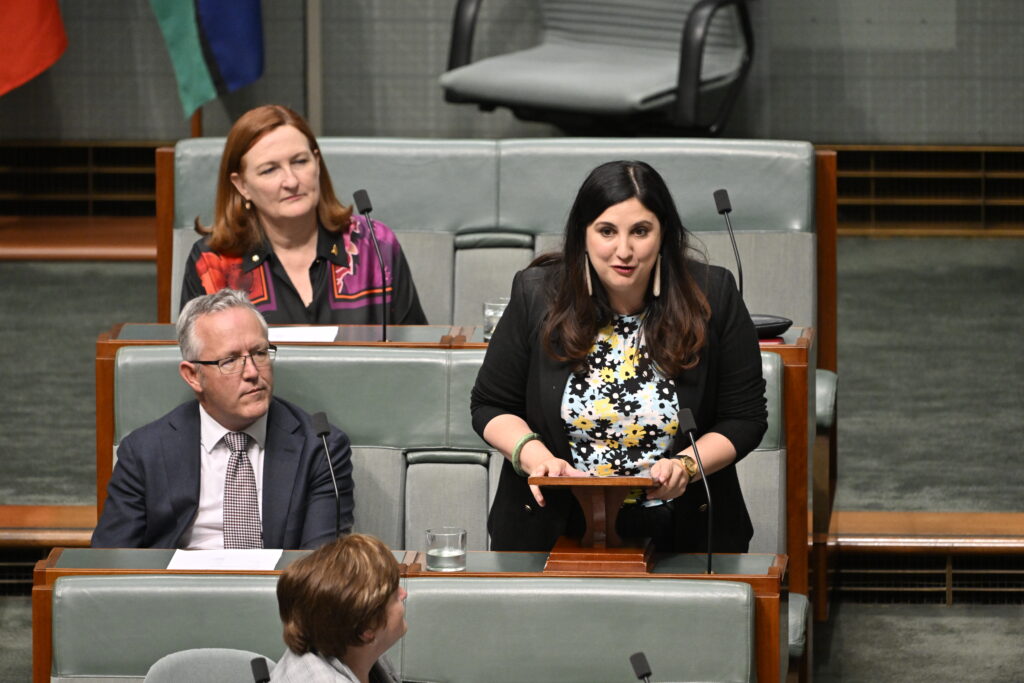I remember when Russell Brand was at the height of his fame. It was the early-2000s, and I was in my twenties and an avid consumer of popular culture. Brand was a staple feature. So was Amy Winehouse, no matter unhappy or unwell she seemed, her image was always reliably splashed on the cover of gossip magazines.
The goth-glam roguish dandy persona cultivated by Brand seemingly excused – and arguably enabled – some of the more outlandish and, frankly, sexist behaviour that was on public display during the 2006-2012 period in which he allegedly committed sexual assault.
In the last week or so countless people have trawled through the past, revealing anew the things Brand did and said in the past, largely all on the public record. These ‘discoveries’ have revealed sexist, sometimes violent comments and conduct, as he propositioned female journalists, singers and actors trying to do their jobs, and made jokes about the kinds of abusive acts he has been accused of.
But I, like so many others, listened to and watched Brand’s comedy and radio shows and in that moment in time did not find his antics altogether that unusual. He was even regarded as a bit of an intellectual, a progressive thinker and became a columnist.
About a decade before Brand became a celebrity, Sex and the City and Bridget Jones’ Diary were cultural phenomena, heralding a new type of feminism that saw consumption collide with notions of choice and empowerment. I mention all of this to set a scene, to understand gender, power and popular culture as we find it now, and to understand the continuum of culture. Girls and women are told, as the Barbie movie emphasises, that they can be anything. But the endless possibilities quickly can become impossibilities: be fun, but be serious; be assertive, but not bossy; make choices, but make the right kinds of choices.
The investigation into Russell Brand has happened, of course, after the emergence of the #MeToo movement, itself embracing social media and popular culture to draw attention to the abuse of (mostly) women at the hands of those in positions of power – most often the accused are men.
There may be more readiness post #MeToo to believe accusers, but the questioning of the veracity and validity of complaints of assault in the public eye is still present, despite the horrifying statistics that half of women who experience sexual assault do not seek help, that of reported instances just over 1 per cent of police charges lead to conviction.
The world is still structured in such a way where there is a gender imbalance between men and women when it comes to power, and this is structural. We know that women are more likely to be less financially secure, more likely to be primary carers, less likely to be in leadership roles and are more likely to be victims of family and domestic violence. In the context of gender stereotypes and power imbalances, it is little wonder that it takes years for women to report assault if they ever do, particularly if the accused is someone well-known.
Barbie acknowledged to some extent the bind of seeking individual empowerment in a world that is structurally disempowering for women, particularly for those who are older, poorer and from a culturally and linguistically diverse background.
Popular culture both reflects and shapes conversations we have in our everyday lives. The interest now in the allegations against Brand and the horror at looking back at his work from the 2000s and recognising the sexism that was there all along indicate that culture is fluid and in many ways has progressed to be more equal.
Cultural change can push structural change too, and vice versa.
At the same time Brand was on the BBC, I was living on campus at a residential college. The culture was terrible, many of us pushed for change at the time, there were awful stories reported in the news. Nothing substantial happened. Now, I am part of a government that is taking the issue of campus safety seriously with the appointment of Our Watch CEO Patty Kinnersly to a working group established to make our campuses safer, and this is a key focus for our reform work in relation to Australian Universities.

We’ve also introduced laws so workplaces are free from gendered harassment, assault and discrimination and that it is the employers responsibility to make sure this is the case. This is a significant structural shift emerging from a moment in our culture where workplace harassment and assault became visible, and the community was appalled.
We’ve come some way since Russell Brand emerged as a figure in popular culture, and perhaps that is why there has been appalled shock from commentators in the past week. We’d forgotten what it was like, and how much has changed.
There is still more to be done to make our world more equal, more structures to change, more people to listen to in our communities so everyone is truly empowered. I am determined to do what I can to ensure that this happens.


